PDF version: A Different Light – 5 October 2019-Ableism
Ableism is a waiter asking your colleague if you have finished your meal in a restaurant.
Ableism is being pushed in a wheelchair in an airport with the airport staff talking to her colleagues about the number of “specials” that were waiting for wheelchair assistance, while you are listening to their conversation.
Ableism is a wheelchair user wondering whether it is worth ordering an Uber taxi knowing there will be no wheelchair accessible Uber taxi available.
A new New Zealand study into the lives of disabled youth has concluded that “Ableism”, through the attitudes from non-disabled people, was the biggest barrier they faced in participation in daily life. The study describes ‘Ableism’ as “a system of privilege that defines and divides people according to their bodies and functional capacities, and judges people with impairments as inferior, incapable or in need of saving.”
Examples cited in the study include disabled people having to put up with well- meaning types who insist on praying for us-(something I have endured countless times –groan!) or determinedly insisting on providing physical support – such as a young blind man being led inexpertly down the street when he was an independent cane user (yep-been there got the T shirt too).
Something that I’ve managed to evade is the judgement of non -disabled members of the public who are openly affronted that someone using a Mobility carpark, with a mobility permit, does not look to them to be sufficiently disabled. Luckily or not… my disability is clearly evident –I know cos of all those daily double takes and stares. Those who can appear to walk from the car to the supermarket without evident spasming or shuffling are subject to frequent accusations of not being disabled by the ever vigilant public. Often these people can walk from a to b okay but no further, due to disability conditions that are actually nobody else’s business.
The research project drily named “Enabling Participation of Disabled Young People”, is a Massey University research project by Penelope Carroll, Karen Witten, Octavia Calder-Dawe and Toby Morris, funded by the Health Research Council of New Zealand. The three year study, explored the everyday lives of young disabled people with mobility, vision and hearing impairments and examined the factors that enabled or constrained their opportunities to fully participate in community life.
They worked with 35 disabled people aged between 15 and 25 years old. The study highlights how ‘meaningful community participation’ is critical to an individual’s overall wellbeing. Being a real part of the community can impact hugely on the quality of a disabled person’s future. Furthermore, a lack of community participation profoundly affected individuals in a negative way.
The young people involved in this study identified a range of factors that affected their participation in community life. As Professor Karen Witten Professor of Public Health, SHORE and Whariki Research Centre, Massey University told me earlier this week, ‘Awareness about universal design has meant the built environment is more accessible now but the ableist attitudes many young people encountered were still a major impediment to their community participation.’
Elements of the built environment and public transport systems that worked well for non-disabled people but excluded or inconvenienced them, limiting their mobility and access to information, people and places. But as Prof Witten stated, by far and away it was the ableist bent of society that provided the biggest barriers.
So what’s new? Ableism or Attitudinal Barriers towards disabled people in New Zealand and around the world have been as prevalent as a bad smell. Reading through this research, I was reminded of how, even if physical barriers are being eliminated , the social change required to support it moves at a very slow pace, with the word ‘ glacial’ springing to mind, (although climate change is speeding that up). It is everyone’s responsibility to keep up, encouraging one another to be open minded and creative about the ways in which we can all be full participants in society.
Growing up with a disability, I am realising how lucky I was to be surrounded by such open minded and inclusive people. From my family growing up, school mates and university friends, I enjoyed robust social networks that stood me in good stead for future endeavours. However when one steps out of one’s usual familiar social circles, you are often reminded that “ableism” is still alive and kicking. You find yourself going back into that old verbal tap dance routine, designed to convince new people that you are one of them. For me, I am hastily assuring unfamiliar people that I am on their level, by using a combination of humour, relevant and topical banter and speedily seeking out a common denominator from which to create a bond.
Perhaps if we can all take that approach – find commonality, use humour, acknowledge the mana of each other, intrinsic to the individual regardless of disability, gender or race –to creatively be mindful of being inclusive our world would be a better place, for our youth and for us .
Jonny Wilkinson is the CEO of Tiaho Trust – Disability A Matter of Perception. A Whangarei based disability advocacy organisation.
